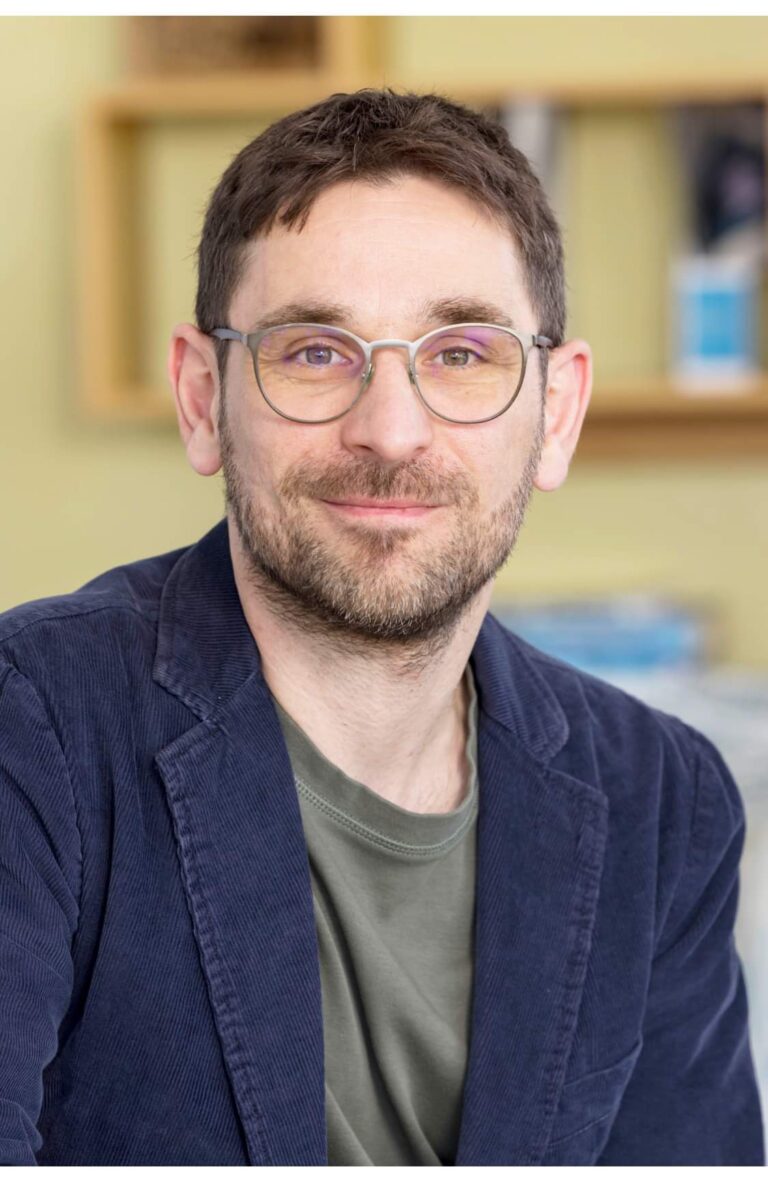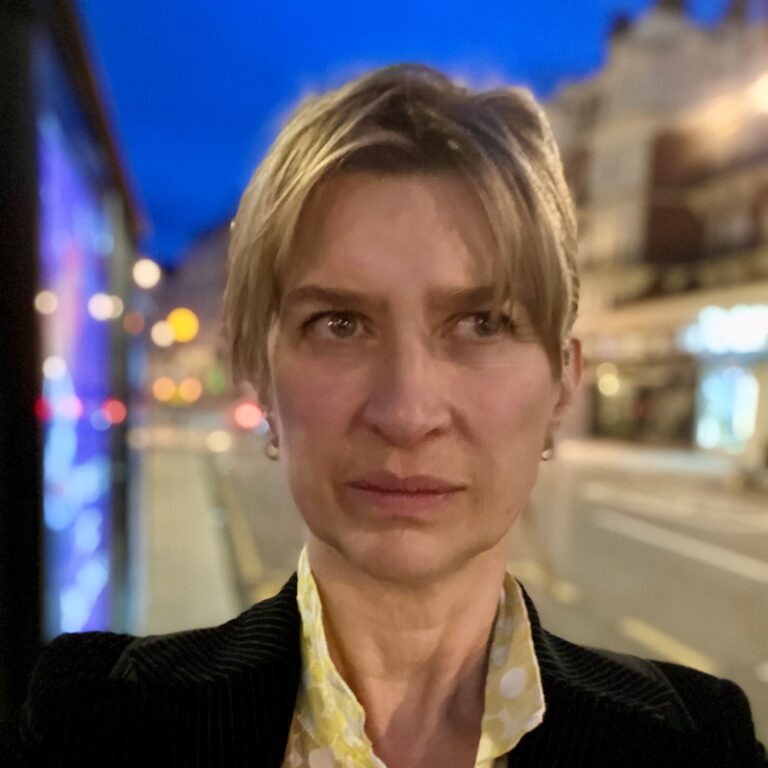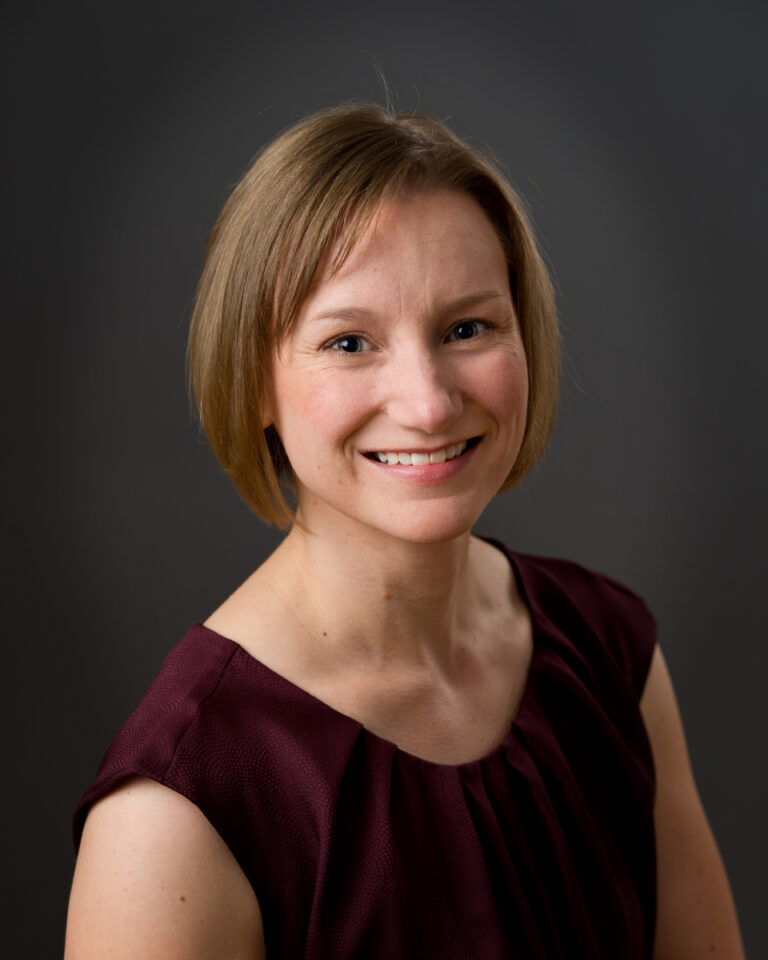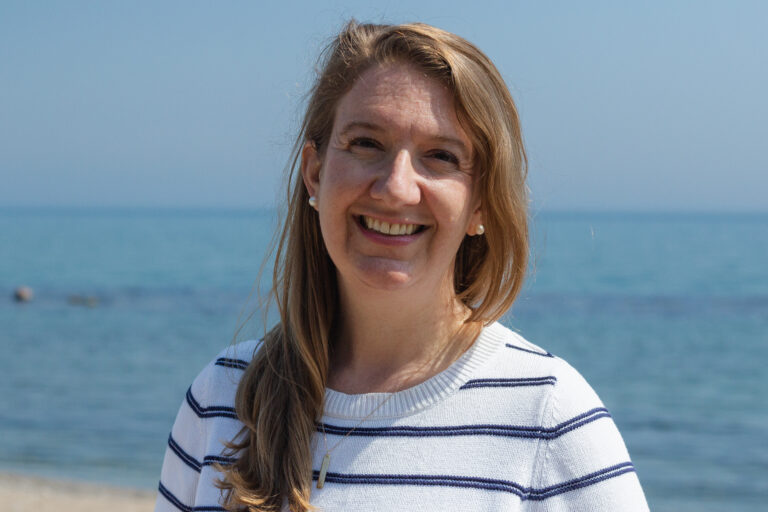OCMT 2025
Keynote Presentation: Bending the Therapist Genre: Exploration of Reflexive Shifts in Music Therapy
When we define music therapy in a way that emphasizes personhood and utilizes music as a resource, it naturally leads to shifts in our roles and the nature of therapeutic relationships. In recent years, music therapists have increasingly practiced clinical and cultural reflexivity, gradually informing perspectives and decision-making processes. Some meaningful aspects of this reflexivity relate to how resources, roles, and relationships are understood in therapy. In this session, we will examine this reflexivity, focusing on these three elements, and explore what they mean for how we define our work and hold space in music therapy.
"Listen, Breathe, Move": A Pilot Music Therapy and Gentle Movement Program for Informal/Family Caregivers
Caregiving, a global public health concern that impacts more than 1 billion individuals worldwide, is associated with negative physical and psychosocial health effects due to the demanding nature of the role. This presentation describes a novel pilot intervention program, “Listen, Breathe, Move” (LBM), which integrates music therapy and gentle movement/yoga. The single, virtually delivered session was piloted to investigate the feasibility and acceptability of the program among caregivers. This session will focus on describing the needs of caregivers, the development of the LBM program, the components and implementation of the program, and findings. Perspectives from the undergraduate music therapy research assistant will also be discussed briefly, with a focus on the student’s experience with an interdisciplinary undergraduate research experience.
Incorporating the Lens of Adoption in Music Therapy: Centering the Adoptee Experience”
Two transracially adopted music therapists share their research and discuss adoptee literature to elucidate the ways in which adoption plays a role in trauma-informed care and music therapy.
Examining the Use of Music by Practitioners of Psychedelic-Assisted Therapy
There is a renewed interest in psychedelics and psychedelic-assisted therapy to treat treatment-resistant mental health conditions like depression and PTSD. Music has long been a part of psychedelic-assisted therapy research and practice. This presentation based on multiple case studies examines how practitioners of psychedelic-assisted therapy use music in their work.
The Path to Emotional Health: Utilizing Music and Other Strategies to Fight Imposter Syndrome
Music therapists are placed in emotionally demanding work environments that can impact one’s physical and emotional health. Additionally, failing to deal with occupational stress can lead to poor care quality and prevent professional growth; therefore, it is essential to develop professional resilience. One of the workplace challenges music therapists face is imposter syndrome. It is a universal phenomenon characterized by shame and insecurity regarding one’s competency. We will examine imposter syndrome’s characteristics and detrimental effects on music therapists through the lens of current research and personal reflections as a case example. We will also discuss strategies to develop professional resilience to conquer imposter syndrome, such as supervision, peer support, interdisciplinary collaboration, and self-care techniques of journaling. Emphasis will also be placed on the reconceptualization of the usage of music for therapists as a modality to achieve emotional health.
Think creatively- What can we offer to students with severe intellectual/multiple disabilities?
This presentation aims to share a multi-phase community music therapy program at a school for students with severe intellectual/multiple disabilities, and their parents in Hong Kong. Utilizing a community music therapy framework, this team of a school teacher, two music therapists, and a social worker worked collaboratively to develop a music therapy program, including a music therapy support group for the parents, a parent-child music therapy group, and a parent-child performance/product group. Through collaborative work within the team, each phase had specific goals and objectives for the targeted clients. The program was also designed within a progressive group process to maximize therapeutic outcomes. Program outcomes throughout different phases, challenges, and triumphs of this program will be shared. This presentation is open for music therapy students, interns, and therapists who are interested in program design, collaborative work, special education settings, and disability culture.
Investigating The Value of Group Music Therapy for Clients with Eating Disorders
This study explores the value of group music therapy (MT) for clients with eating disorders (EDs) which are defined as persistent disturbances in eating habits. EDs are complex and multifaceted disorders that require a multidisciplinary approach to treatment. Despite evidence suggesting MT’s effectiveness, group MT specifically within this population has been underexplored. This qualitative study conducted a phenomenological thematic analysis of five semi-structured interviews with music therapists working with groups of clients with EDs. The findings highlight the benefits of group MT, such as promoting emotional expression and providing psychological insights valuable to therapy.
Additionally, group MT helped clients assume different roles musically, improving their ability to relate to others and addressing feelings of isolation. However, challenges included dealing with clients’ competitive tendencies and peer contagion, which can hinder the therapeutic process. This study suggests that group MT could be a valuable addition to the multidisciplinary treatment of EDs.
Moments of Thirdness in Music Therapy: Utilizing Jessica Benjamin’s Theory for Understanding Clinical Improvisation
Background: The study explores intersubjective processes in therapeutic disciplines, particularly in music therapy. It focuses on how intersubjective relationships develop through dyadic improvisation, analyzing six music therapy studies that emphasize relational dynamics.
Methods: A meta-analysis was conducted using six selected studies. A four-step methodological process was followed: identifying a research question, gathering relevant qualitative and mixed-methods studies, conducting a thematic analysis to uncover themes of intersubjectivity in dyadic improvisation, and organizing the findings into a conceptual framework of “thirdness” in clinical improvisation.
Results: The analysis identified two key themes: (1) the emergence of musical recognition (“one in the third”) and (2) the recognition of musical separateness (“third in the one”).
Discussion: Grounded in Jessica Benjamin’s intersubjective theory, this talk explores “thirdness” in clinical improvisation, its impact on music therapy daily practice, and how diverse musical genres globally create unique intersubjective spaces, fostering mutual recognition in therapy.
Reliable Change Index as an Alternative for Assessing the Effectiveness of Music Therapy
It is crucial to develop robust methods to evaluate the efficacy of music therapy in everyday practice. This presentation aims to showcase a study employing the Jacobson-Truax Method (JT Method) to calculate the Reliable Change Index (RCI) and analyze clinical significance in pre- and post-intervention assessments. Data were collected from clinical practices linked to the Music Therapy in Mental Health project (SIEX/UFMG – 402786) involving a substance use disorder treatment center and a therapeutic residence. This study highlights the potential of the JT Method to detect reliable individual changes, even when null hypothesis tests indicate no statistically significant group changes. By presenting these findings, we aim to support the broader application of music therapy assessments in clinical practice and an intraindividual analysis of the effectiveness of music.
Voice and Song in Music Therapy: Repertoire, Cases, Phenomena
This presentation explores “vocal psychosomatics,” highlighting how a person’s singing and speaking voice timbre relates to their psychological state, including personality structure and past traumas. Additionally, it addresses methods for selecting songs in therapeutic sessions with children, emphasizing the “round song” technique to engage them effectively. The discussion extends to the unique phenomenon of singers like Vladimir Vysotsky, whose rough voices have inspired generations, raising questions about their impact in vocal therapy. Finally, it examines how significant songs affect elderly patients’ self-regulation and social health in music therapy.
Navigating Ethical Dilemmas in Music Therapy Contexts
Ethical issues arise daily in music therapy interactions with clients and colleagues and in multiple settings including clinical, academic, research and professional practice spaces. Some ethical situations prove particularly challenging to navigate. In response to colleagues looking for guidance, the WFMT has prepared a Responding to Ethical Issues Guidance document. In this session, participants will learn more about the resources and will hear panelists describe case examples of how to use the steps to navigate the situation. The issues presented are inspired by music therapists from the eight global regions and are shared to prompt further discussion among attendees as well as raising the awareness of ethical practices.
2025 Keynote Speaker Dr. Giorgos Tsiris
Music therapy has had a deep, yet uneasy (and often unspoken) relationship to spirituality throughout its development as a Western, evidence-based profession to date. Despite the spiritual roots of many contemporary music therapy approaches, most empirical research started emerging only after 2002 and has largely been based on student-led projects since then. Similarly, our engagement with spirituality in music therapy education and contemporary issues around equality and anti-oppressive practices has been limited. Why is this? Is spirituality, or perhaps our ways of engaging with spirituality, not useful or relevant to our work and the growth of our profession?
Voicegreaving in Traditional Folklore: Possibilities of Using Voicework in Situations of Trauma and PTSD
Traditional culture serves as a music-therapeutic tool, helping communities cope with grief and emotions. In Russian folklore, unique “laments” express feelings of sorrow. This presentation will explore the characteristics of the psycho-physical state of individuals experiencing grief, the structure of traditional laments, their impact on emotional well-being, and the possibilities for the contemporary application of these techniques. Participants will receive practical insights, examples, and musical illustrations for working with clients. The importance of therapist safety and group support during therapy will also be discussed.
So Close, So Far: Music Therapy for a Young Cancer Patient from Gaza in an Israeli Hospital"
This presentation focuses on the transformative impact of music therapy sessions on children with cancer from Gaza and the West Bank, treated in an Israeli hospital by a Palestinian MT from Jaffa. It zeroes in on the case study of a 3-year-old cancer patient from Gaza, receiving treatment at Tel Aviv Hospital. Despite being far from home, the child finds solace in the close therapeutic relationship developed with her music therapist. This topic holds significant relevance for international music therapists working in diverse and challenging environments.
Lose Yourself: Harnessing Music Therapy and Neuroplasticity to Improve Walking After Traumatic Brain Injury
Principles of motor learning and neuroplasticity informed the rehabilitation of a young man with significant physical and cognitive impairments from a traumatic brain injury (TBI). The presentation highlights how motor learning principles alongside neuroplasticity’s tenet of “use it and improve it” supported recovery.
Trauma-Informed Educational Practices in Music Therapy
Taking a trauma-informed lens supports music therapy educators and clinical supervisors in understanding and working with students’ learning needs as well as their classroom presence. In this presentation, music therapy professors draw upon research and their own areas of expertise to offer details on what having a trauma-informed approach in the classroom and clinic means, and why it is important to integrate the six trauma-informed principles. Balancing student needs with professional competencies can be a difficult task, especially with the rising rates of student anxiety. Educational standards are already rigorous, and educators and clinical supervisors support students to self-assess their own developmental, emotional, and educational paths. A trauma-informed approach to teaching and supervision enhances this process and helps students connect their learning journey to their development as a professional music therapist.
Benefits of Intergenerational Music Therapy for Individuals Across the Lifespan
In this presentation, which will be led by two music therapists and a psychologist, the origins, protocol, and potential benefits of an intergenerational music therapy program (the “Jamboree”) will be shared. This program was developed in 2017 for long-term care residents to help them engage in music therapy sessions with small children from the local community. Since that time, the program has expanded to more than a dozen sites, including retirement and long-term care homes, adult day programs, and daycares. Attendees will be able to learn how to bring this type of program to their own workplace and will receive practical tips on how to facilitate Jamboree sessions.
Music Therapy, Spirituality, and Addictions
There is an interconnection between music, spirituality, altered states of consciousness, and substance use. We will explore the ways in which music therapy practice, the Bonny Method of Guided Imagery and Music, and altered states of consciousness are used to address the spiritual health needs of individuals in recovery. We will begin by defining spirituality within the context of addiction and an overview of its place in substance use treatment and recovery. Next research findings from a recent survey describing how music therapists address the spiritual health of individuals in recovery within their treatment settings will be shared. The ways in which the Bonny Method of Guided Imagery and Music (BMGIM) may be useful in helping individuals in recovery find connection with a higher power will be discussed. Intentions, imagery foci, and music selections will be shared.


















